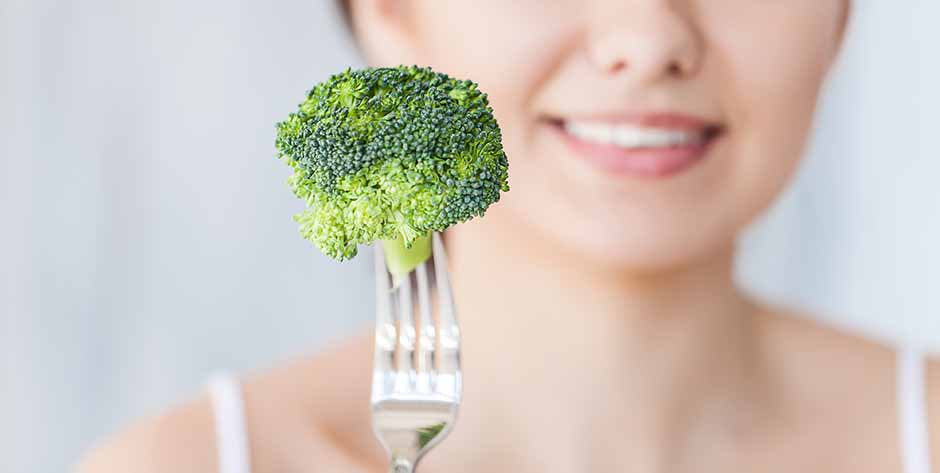One-third of cancers could be prevented if people ate well and kept their weight in check, according to the American Institute for Cancer Research (AICR). But nutrition can also influence cancer treatment, says Colleen Gill, an oncology dietitian at the University of Colorado Cancer Center in Aurora, Colo.
“You cannot cure cancer with nutrition alone,” she says. “But you can create an environment that is inhospitable to it.” A diet rich in lean protein and healthy fats can help cancer patients avoid muscle wasting and weight loss that often forces interruptions in chemotherapy. Fiber−via fruits, vegetables, whole grains and legumes−can usher out toxins from medications, reducing side effects.
The AICR also recommends minimizing refined carbohydrates (e.g., white bread and white rice), which can boost insulin levels and fuel tumor growth, and charred meat, which contains carcinogenic compounds called heterocyclic amines, and keeping red meat—which has been linked to colorectal cancer—to fewer than 18 ounces per week. More specifically, these four foods have been shown to possess potent anti-cancer properties:
1. Cruciferous vegetables. Broccoli, cauliflower, Brussels sprouts and mustard greens contain compounds called isothiocyanates, which help the liver detoxify carcinogens and keep cancer cells from proliferating, research shows. They also contain indole-3-carbinol (I3C), which helps metabolize harmful hormones that can drive breast, uterine and cervical cancer. One 2012 study found that breast-cancer patients who ate the most cruciferous vegetables were 62 percent less likely to die and 35 percent less likely to see their cancer recur than those who ate the least.
2. Turmeric (curcumin powder). This yellowish powdered spice from the shrub Curcuma longa is consumed in huge amounts in India, where cancer rates also happen to be a fraction of rates in the United States. Few human studies exist, but mice given curcumin are less likely to develop tumors when exposed to carcinogens. When combined with black pepper, curcumin is absorbed exponentially better.
3. Flaxseed. Flaxseed is loaded with lignans, believed to blunt estrogen’s cancer-fueling effects on cells. One 2013 study followed 147 prostate cancer patients who added flaxseeds to their diets. Men with the highest levels of flaxseeds had the least tumor proliferation. Stick with freshly ground flaxseed versus flaxseed oil. Flaxseeds are a whole food and therefore contain a host of other nutrients that are not present in its extracted oil.
4. Cooked tomatoes. Tomatoes are rich in lycopene, a potent antioxidant. Cooking them in fat, such as olive oil, releases the lycopene and boosts absorption. Some studies show men who eat at least two tomato-sauce-based meals per week have a lower risk of prostate cancer.

